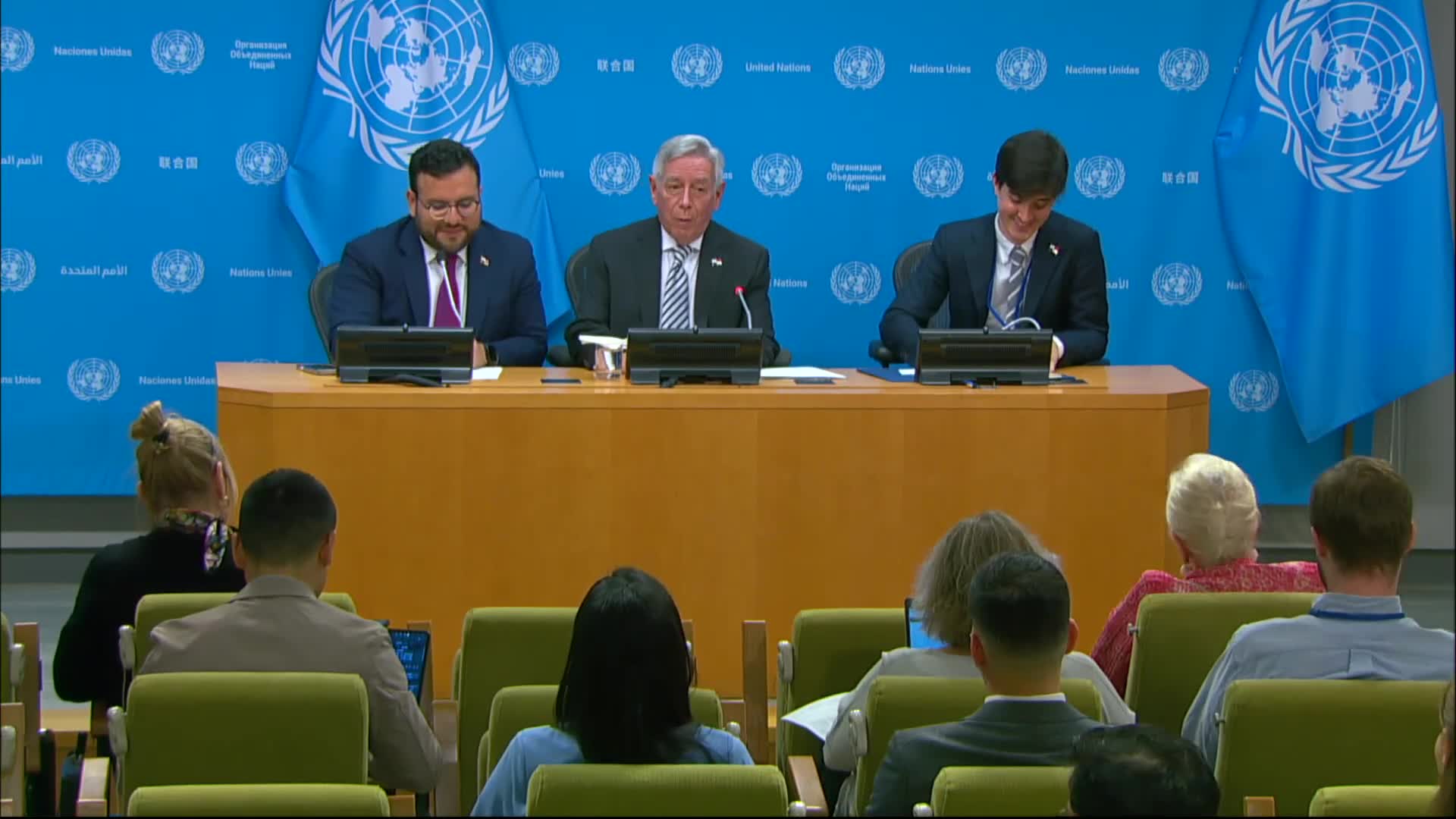Panama's Drug Transit Role Highlighted Amid New York's Cannabis Business Growth
August 02, 2025 | United Nations, Federal
This article was created by AI summarizing key points discussed. AI makes mistakes, so for full details and context, please refer to the video of the full meeting. Please report any errors so we can fix them. Report an error »

In a recent discussion reflecting on Panama's historical and current relationship with drug production and transit, a speaker highlighted the complexities of the nation's geographical position. Panama has often been labeled as a drug-producing country, particularly in relation to cannabis and cocaine, due to its location between major production areas and consumer markets.
The speaker, who has a long-standing connection to New York, shared personal insights about the evolution of cannabis from a persecuted substance to a thriving multibillion-dollar industry. They noted that while Panama did produce cannabis, it was not on a large scale, and the country has primarily been a transit point for drugs moving from producers in South America to consumers in North America.
Reflecting on the transformation of cannabis culture, the speaker expressed surprise at how the perception of cannabis has shifted dramatically. Once viewed through the lens of criminality and persecution, it is now recognized as a legitimate business in places like New York, where cannabis shops have proliferated. This change underscores a broader societal shift in attitudes toward cannabis, moving from stigma to acceptance and commercialization.
The speaker's remarks serve as a reminder of the ongoing challenges Panama faces in navigating its role in the global drug trade, as well as the broader implications of changing drug policies and perceptions in the region. As discussions continue about drug regulation and its impacts, Panama's experience highlights the complexities of drug-related issues that many countries grapple with today.
The speaker, who has a long-standing connection to New York, shared personal insights about the evolution of cannabis from a persecuted substance to a thriving multibillion-dollar industry. They noted that while Panama did produce cannabis, it was not on a large scale, and the country has primarily been a transit point for drugs moving from producers in South America to consumers in North America.
Reflecting on the transformation of cannabis culture, the speaker expressed surprise at how the perception of cannabis has shifted dramatically. Once viewed through the lens of criminality and persecution, it is now recognized as a legitimate business in places like New York, where cannabis shops have proliferated. This change underscores a broader societal shift in attitudes toward cannabis, moving from stigma to acceptance and commercialization.
The speaker's remarks serve as a reminder of the ongoing challenges Panama faces in navigating its role in the global drug trade, as well as the broader implications of changing drug policies and perceptions in the region. As discussions continue about drug regulation and its impacts, Panama's experience highlights the complexities of drug-related issues that many countries grapple with today.
View full meeting
This article is based on a recent meeting—watch the full video and explore the complete transcript for deeper insights into the discussion.
View full meeting